Optimal Timing for Foundation Repairs
Understanding the optimal timing for foundation repairs is essential for ensuring effective and long-lasting results. The best time to undertake foundation repairs depends on various factors including weather conditions, soil moisture levels, and seasonal temperature fluctuations. Proper timing can help prevent further damage and reduce repair costs.
Spring and fall are generally considered ideal seasons for foundation repairs due to moderate temperatures and stable soil conditions.
Avoiding extreme weather, such as heavy rain or freezing temperatures, helps ensure repairs are performed under optimal conditions.
Timing repairs during periods of consistent soil moisture prevents additional shifting or settling of the foundation.
Seasonal soil expansion and contraction can influence foundation stability; scheduling repairs during stable periods minimizes risks.

Spring offers moderate weather and soil conditions ideal for foundation work.

Fall's cooler temperatures and stable soil make it a good time for repairs.
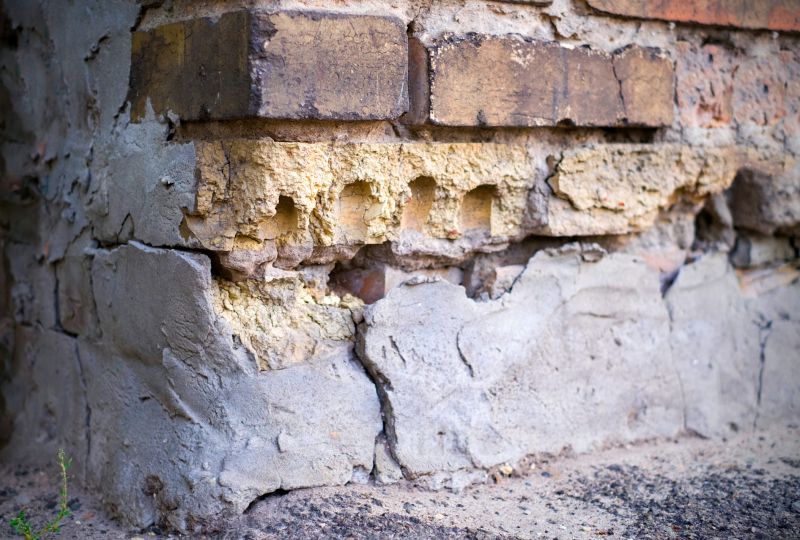
Winter's freezing temperatures can hinder repair processes and affect soil stability.

High temperatures and dry soil conditions can complicate foundation repair work in summer.
| Season | Advantages |
|---|---|
| Spring | Moderate weather, soil conditions ideal for repairs. |
| Summer | Longer daylight hours, but potential soil dryness. |
| Fall | Cooler temperatures, stable soil, good for scheduling. |
| Winter | Freezing temperatures and frozen ground hinder repairs. |
Foundation repairs are critical for maintaining the structural integrity of a building. Addressing issues such as cracking, settling, or shifting promptly can prevent more extensive damage and costly repairs in the future. Proper timing, based on seasonal and weather conditions, enhances the effectiveness of repair work. Soil stability plays a significant role in foundation health, and seasonal variations can influence this stability. For example, moist soil during spring and fall tends to be more stable, reducing the risk of further movement after repairs.
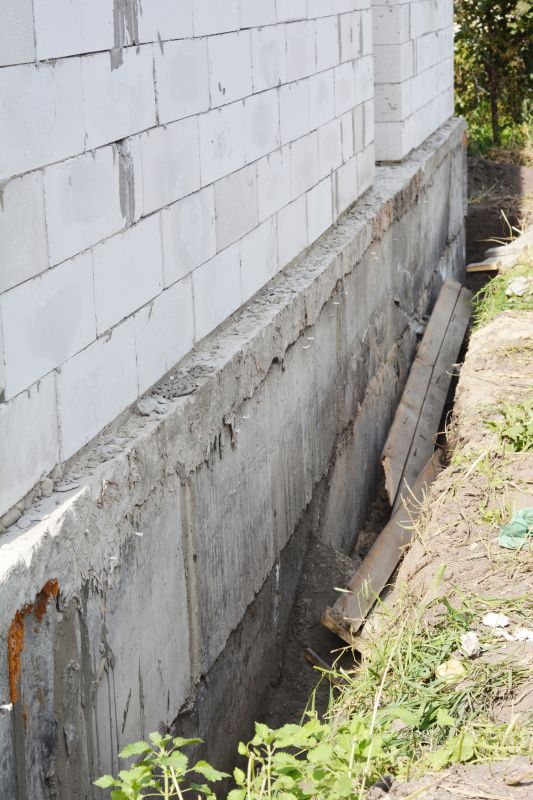
Proper timing ensures effective stabilization and long-term durability.
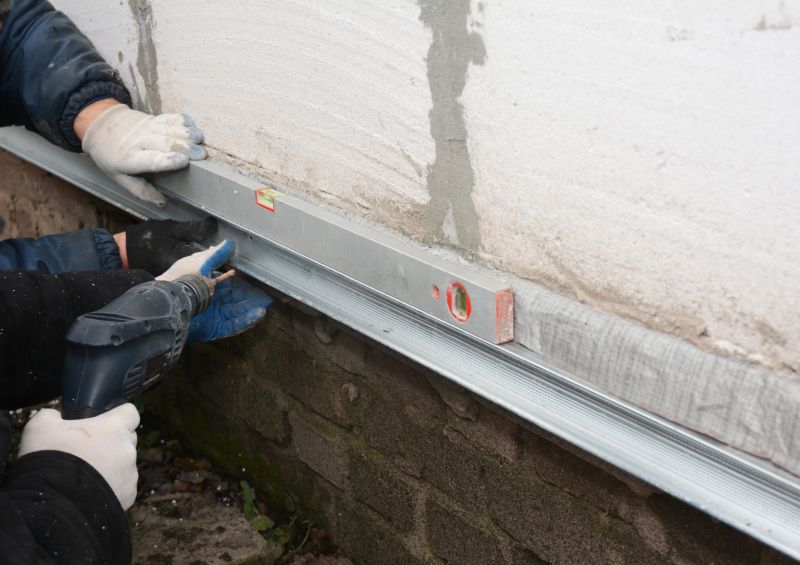
Timing repairs during optimal soil conditions enhances success.
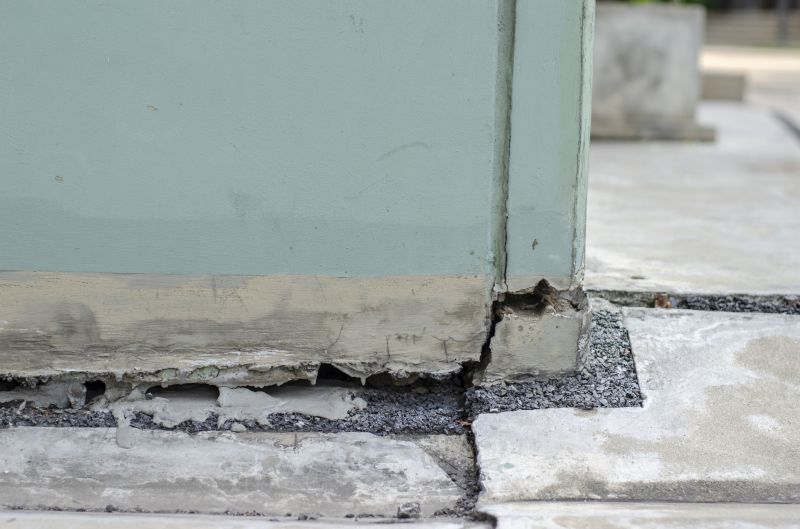
Assessment during suitable seasons provides accurate diagnosis.
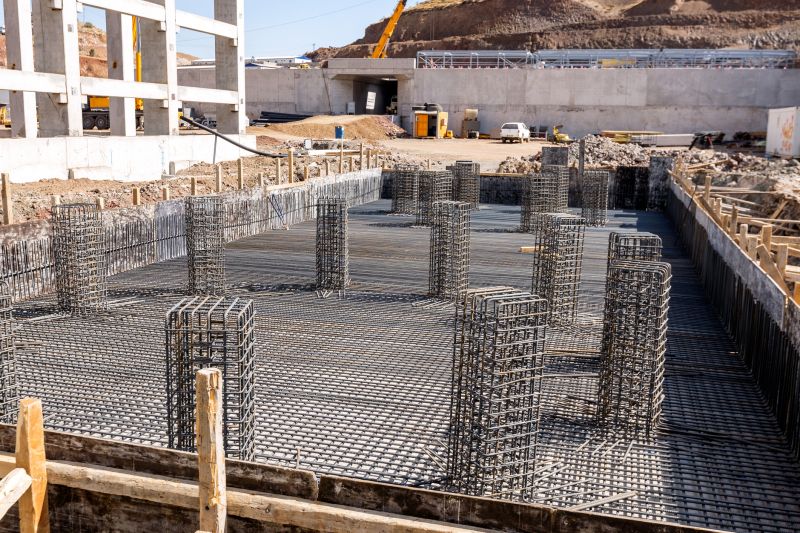
Reinforcement during stable periods minimizes future issues.
Scheduling foundation repairs during the most appropriate seasons can significantly influence the longevity and success of the work. Consulting with a foundation specialist can help determine the best timing based on specific site conditions and local climate patterns. Early intervention during the right season can prevent minor issues from escalating into major structural problems, saving time and resources.
Interested in foundation repairs? Fill out the contact form to get started.


